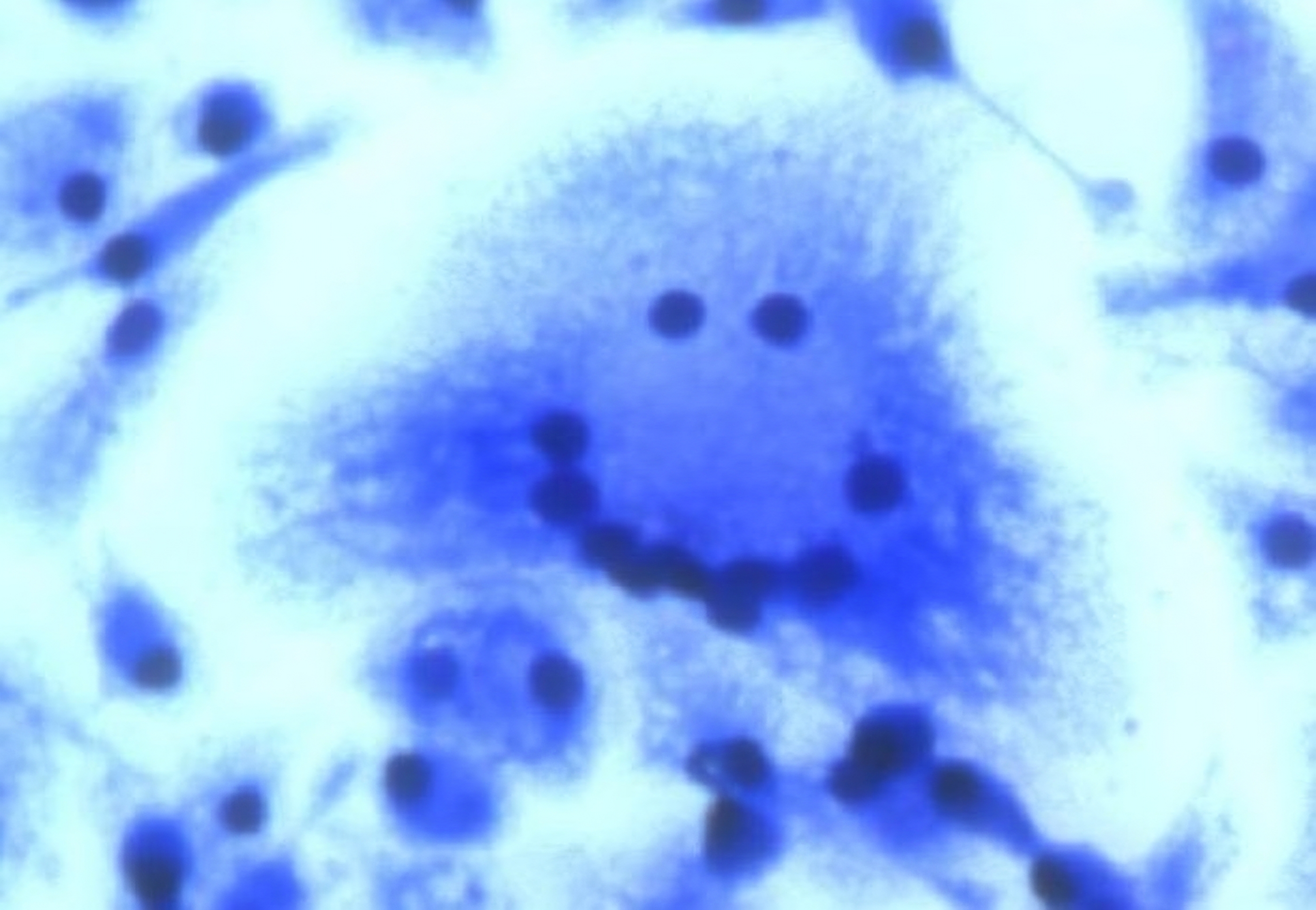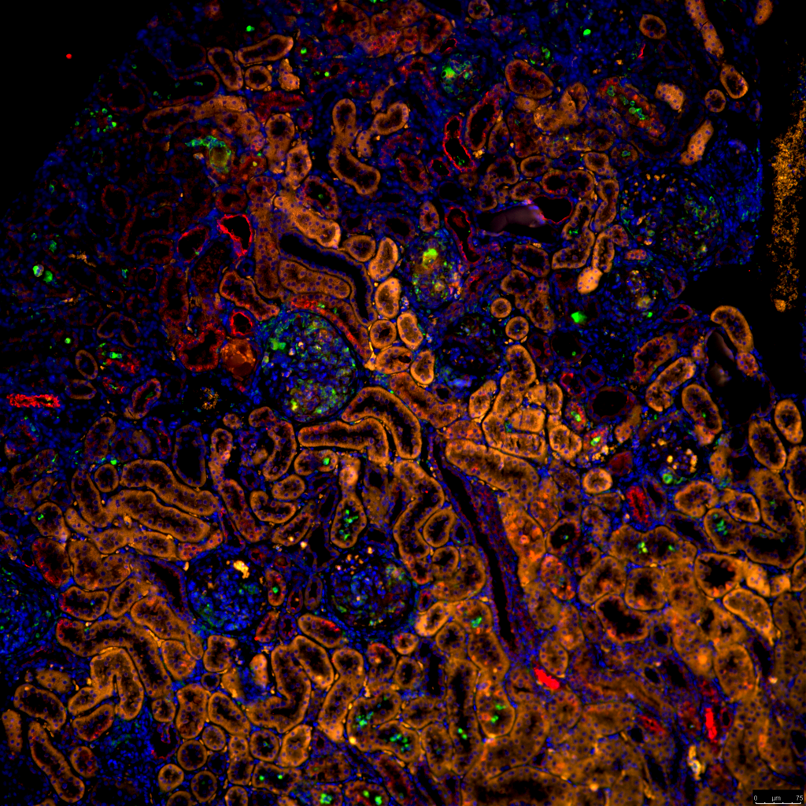We study macrophages and immuno-metabolism through computational and molecular biology approaches.
Our lab’s main interest is to understand and target gene networks that controls macrophage function in complex inflammatory disorders. We use patient populations as well as animal models of chronic kidney disease, wound healing/fibrosis, metabolic syndrome and bone inflammation. We apply systems-genetics approaches to target macrophage activity. Our recent approaches pointed towards the importance of targeting macrophage energy metabolism, mitochondrial function and ion control in inflammatory and metabolic disease.
Our Lab has two key areas of research:
-
Macrophage immunometabolism in chronic kidney disease: We showed that targeting branched chain amino acid catabolism and iron homeostasis affect macrophage mitochondrial function and reduce the severity of chronic kidney disease. We currently aim to understand and target the evolution of macrophage polarization and its immunometabolism at single cell resolution in the renal microenvironment.
-
Metabolic Syndrome: When molecular drivers of healthy adipogenesis are perturbed, this can cause hepatic steatosis. We use animal models of obesity and ageing and combine deep phenotyping of bariatric patient-derived white adipose tissue (WAT) with ex vivo treatment of WAT explants, in order to target macrophage dynamics during dysfunctional adipogenesis. By using a comprehensive panel of WAT phenotypes, we are currently focusing on machine learning approaches that can predict hepatic insulin resistance.


